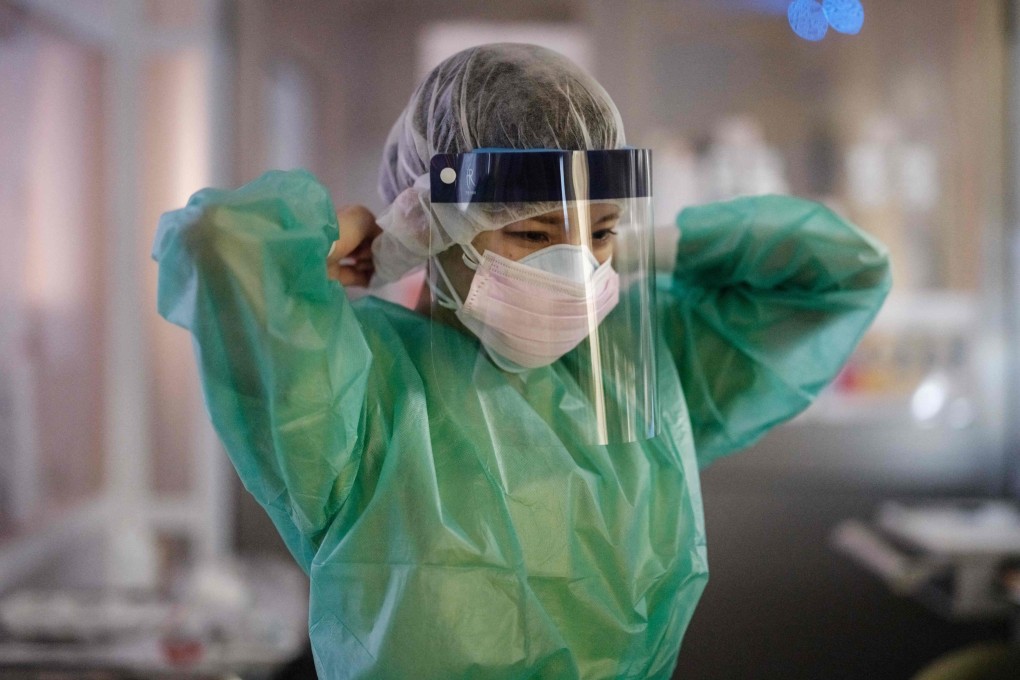Tokyo schoolchildren will attend Paralympics despite surging Covid-19 cases overwhelming hospitals
- On Thursday, more than 25,000 new infections were reported nationwide for the first time. New daily highs were also recorded in 22 of Japan’s 47 prefectures
- The burden on Tokyo’s health care system this week led to the death of a baby born prematurely to a woman who was isolating at home due to a shortage of hospital beds

The number of new infections has shown little signs of slowing in Tokyo or nationwide. The increased strain on health care systems this week led to the death of a baby born prematurely to a woman who was isolating at home not far from Tokyo due to a shortage of hospital beds.
In Tokyo, 5,534 new cases were reported on Thursday, the second-highest daily increase for the capital. Nationwide, more than 25,000 new infections were reported for the first time. New daily highs were also recorded in 22 of Japan’s 47 prefectures.
The number of patients in critical conditions increased by 49 to 1,765, a new high for a seventh straight day. Health authorities also reported 28 deaths nationwide.
Tokyo’s metropolitan government has nevertheless allowed tens of thousands of children to attend Paralympic events, despite four members of the Tokyo board of education this week objecting to the proposal.
However, Tokyo Governor Yuriko Koike on Friday pledged to hold the Paralympics safely.